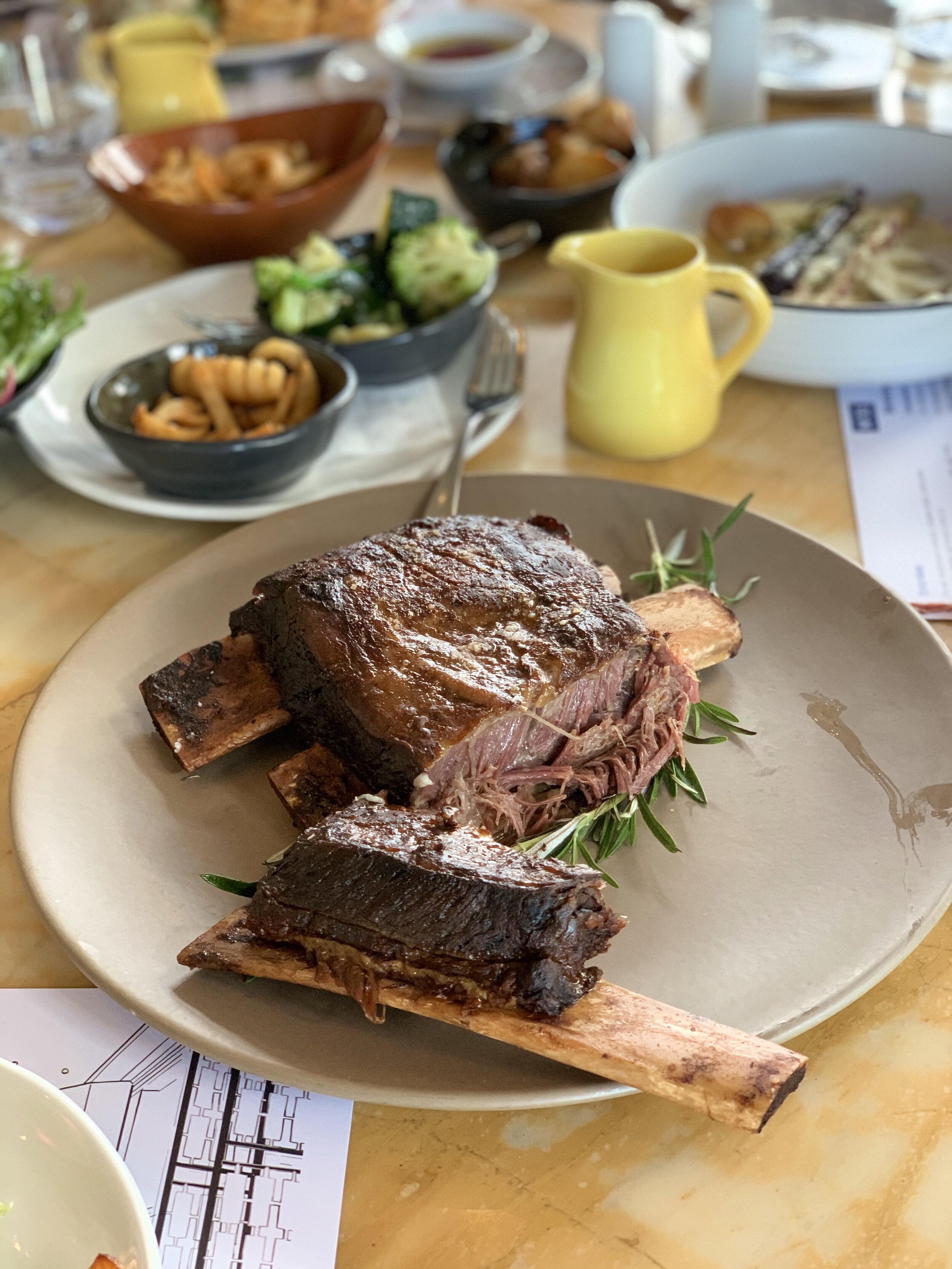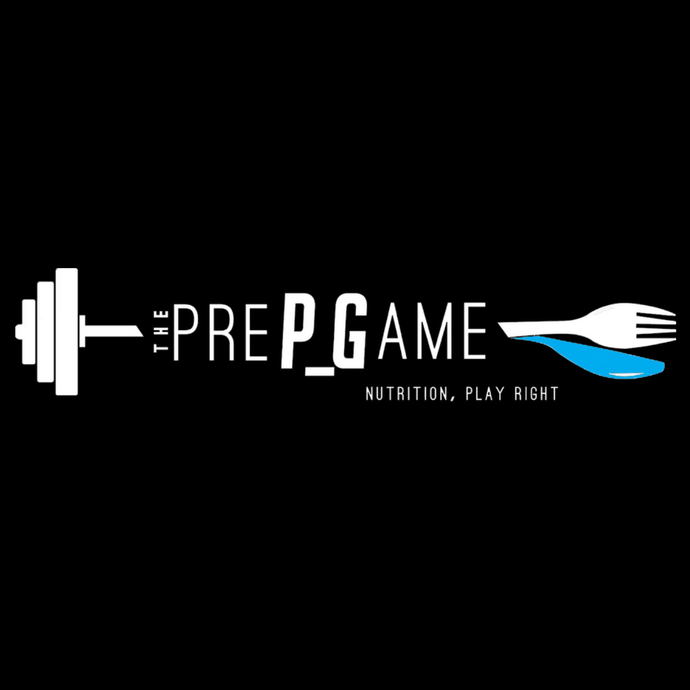I remember my first sports nutrition lecture at university, where sports nutrition at the time was compared to what athletes may have been eating centuries ago. Red meat was clearly on the menus of our athletic ancestors with ancient Greek marathon winners awarded cattle for their endeavours, and a hearty steak pre-race may not have been uncommon. The science of nutrition has come a long way since then, and although steak may not be a pre-race meal of choice, the nutrition benefits of red meat for athletes continue to be recognised.
Nutrition fads come and go, and the popularity of red meat has catapulted from one extreme to another. Current dietary guidelines suggest a prudent intake of red meat, however not everyone follows these guidelines, with the recent jump onto the Paleo bandwagon keeping the grass-fed beef farmers in business. Regardless of the style of eating, when it comes to sports nutrition, red meat is a winner. We don't always talk about meat as a food on it's own, often you hear about the importance of nutrients like protein or specific minerals for athletes, but when we break it down, meat is amazingly rich in a range of nutrients.
Here are my top 5 reasons why red meat is good for athletes:
Number 5 - Healthy fats
Discussions around red meat and health usually focus on saturated fat content, or more recently cancer risk. If you look closely at the fat composition of Australian beef and lamb you will find that they do in fact provide omega-3 fats. Not as much omega-3 as fish, but meat isn't all 'bad' fat. If you are concerned about your body fat levels, you can reduce the calories of meat by choosing lean cuts or trimming fat from meat, or cooling casseroles after cooking and skimming fat from the top.
With regard to the impact on cancer risk, it is the cured and processed meats that seem to be the main concern. It is still wise to vary your protein foods and not eat red meat all of the time, but for most people you don't need to omit fresh meats.
Number 4 - Minerals
Beef and lamb are a great source of zinc and Vitamin B12, important for athletes. Zinc is important for muscles and immune system, and may play a role in testosterone levels in males.
Vitamin B12 is important for a range of body systems and may impact on immune function and energy levels. Vitamin B12 is only found in animal products, and a small-medium size steak will provide your daily RDI.
Number 3 - Satiety
Do you usually find you are still hungry after a meal of steak and vegetables?? No, most likely not. Red meat is filling due to the high protein content, and is broken down slowly in the digestive system so can keep you full for longer. You don't need a huge serve either. Protein in a meal can also lower the glycemic index, helping to keep blood glucose levels stable. Red meat can help to manage hunger, as do other protein-rich foods, if you are an athlete trying to manage your weight or body fat levels.
Number 2 - Iron content
Iron is an essential nutrient for athletes. Red meat contains haem iron, which is more easily absorbed than the non-haem iron found in plant sources. The easiest way to meet your dietary iron needs is to eat small serves of red meat regularly (x3-4 per week), plus include a range of other iron-rich foods. Don't forget to add a food containing Vitamin C to your iron-rich meal for optimal iron absorption.
For more information about why iron important and a table of different foods and their iron contents, have a read of my article on the 2XU website, Iron Tough or Rusty.
Sports Dietitians Australia also have a great Fact Sheet Iron Depletion in Athletes.
Number 1 - Protein
Probably the best thing about red meat is the quality and amount of protein. Red meat contains all the essential amino acids, making it high quality. This includes leucine, the critical amino acid for stimulating muscle protein synthesis to promote muscle recovery and growth. Meat is also protein-dense, so you only need a small serve for a big dose (lean beef contains approximately 30g protein per 100g, this can vary according to cut of meat).
For more information about protein and other foods that are great protein options, Back to Basics Protein - Foods That Contain the Most and Best Protein for Recovery and Training
If you choose not to eat meat for ethical reasons there are other foods such as dairy, eggs, nuts and seeds. For athletes who follow a vegan style of eating it can be very difficult to meet needs for nutrients such as protein, iron, calcium and Vitamin B12. It's not impossible, there are plenty of vegan athletes out there, but it takes significant time, effort and planning, as well as supplementation, to get nutrition intake spot on.
If you are an athlete who does eat red meat, then it's worth making a special effort to eat small amounts of fresh red meat regularly, in combination with other high quality protein sources, for energy levels, recovery and performance.
For more sports nutrition info, follow me on Facebook or Twitter and sign up for my newsletter at the bottom of this page below.




























